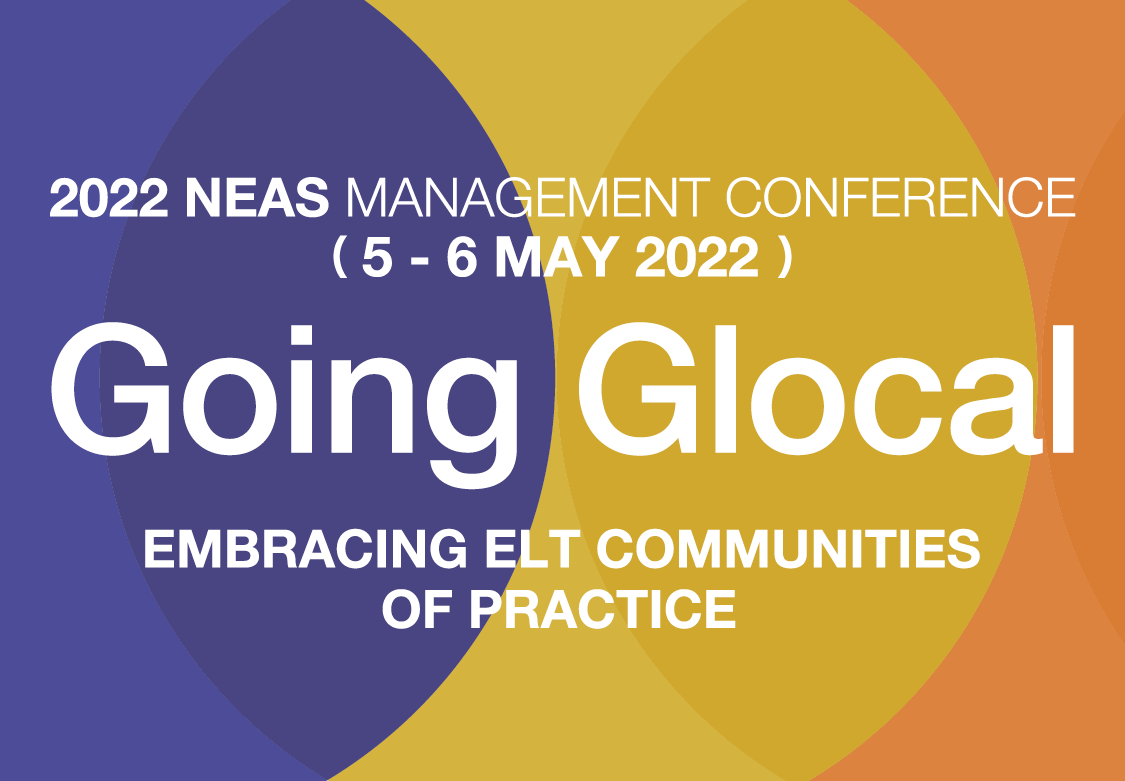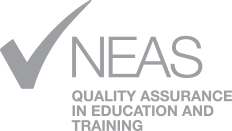
English Language Teaching – The Profession, The Professional, Professionalism
Focus Questions
- What does it mean to be an English Language Teaching Professional in Australia, ASEAN and beyond? How does this relate to the global context?
- How does quality assurance underpin our profession?
- What does professionalism mean to you and how can NEAS support enhancement of English Language Teaching in Australia, ASEAN and beyond?
In ELT “professionalism co-exists alongside practices that would not normally be associated with a traditional understanding of the term, such as low pay, job insecurity, a lack of any coherent career structure”, Copley, K. (2018). Torres –Rocha refers to this as “a disadvantaged status” (2019).
The Webster’s New World College Dictionary definition of the word ‘profession’ meaning “a vocation or occupation requiring advanced education and training and involving intellectual skills” and ‘profession’ meaning “engaged in, or worthy of the high standards of a profession”, as cited in Farmer, F., Pérez, L. V., & Roo, Q. (2005), highlights the need for a high level educational background as a pre-requisite to becoming a teacher in ELT. Nowadays, with increased scrutiny into quality standards in ELT, high professional standards are burgeoning and the number of ELT teachers up-skilling and completing Master level degrees in ELT is trending upwards at a rapid rate. ELT “requires a specialized knowledge obtained through both academic study and practical experience” (Torres – Rocha, 2019).
Often the ELT teacher is considered the poor second cousin to the mainstream teacher or university lecturer. This could not be further from the truth and is changing – especially in the current world climate. Sometimes referred to as an ‘industry’ the ELT sector is one that straddles numerous education establishments and in Australia in particular remains the backbone of Australia’s third most important revenue generator: International Education. The ELT sector ranges from EAL in primary schools, secondary colleges and Adult Learning centres (e.g., AMEP) to ELICOS in university preparation programmes. In ELT we should “claim a place in the ‘system of the professions’” (Ferraro, R, 2022), for it is clear from the Professions Australia (cited in Professional Standards Council, 2022) definition that teachers and managers in ELT are professionals, precisely because they are a
“disciplined group of individuals who adhere to high ethical standards and uphold themselves to, and are accepted by, the public as possessing special knowledge and skills in a widely recognised, organised body of learning derived from education and training at a high level, and who are prepared to exercise this knowledge and these skills in the interests of others.”
This conference will explore the different professional landscapes in ELT locally and globally and the impact they are having on world economy, education and future generations.
References:
Copley, K. (2018). The Theory & Practice of Professionalism in ELT. The Asian EFL Journal Quarterly, 103.
Farmer, F., Pérez, L. V., & Roo, Q. (2005). Ways of looking at professionalism in ELT. Professionalization in Language Teaching.
Ferraro, R (2022) Professionalisation of the English Language Teaching (ELT) Profession. Australia Council of professions.
Professions Australia. The Professions, Public Interest and Competition Policy, 2000, cited in Professional Standards Council (2022).
Torres-Rocha, J. C. (2019). EFL teacher professionalism and identity: Between local/global ELT tensions.
3
day online & LIVE event
up to
20
hrs
CPD accredited
content
On-demand
content
Post-conference
on-demand access
to content
60+
speakers
Community
Virtual events,
interactive content
and networking
25+
partners &
exhibitors
Conference 23 Photos
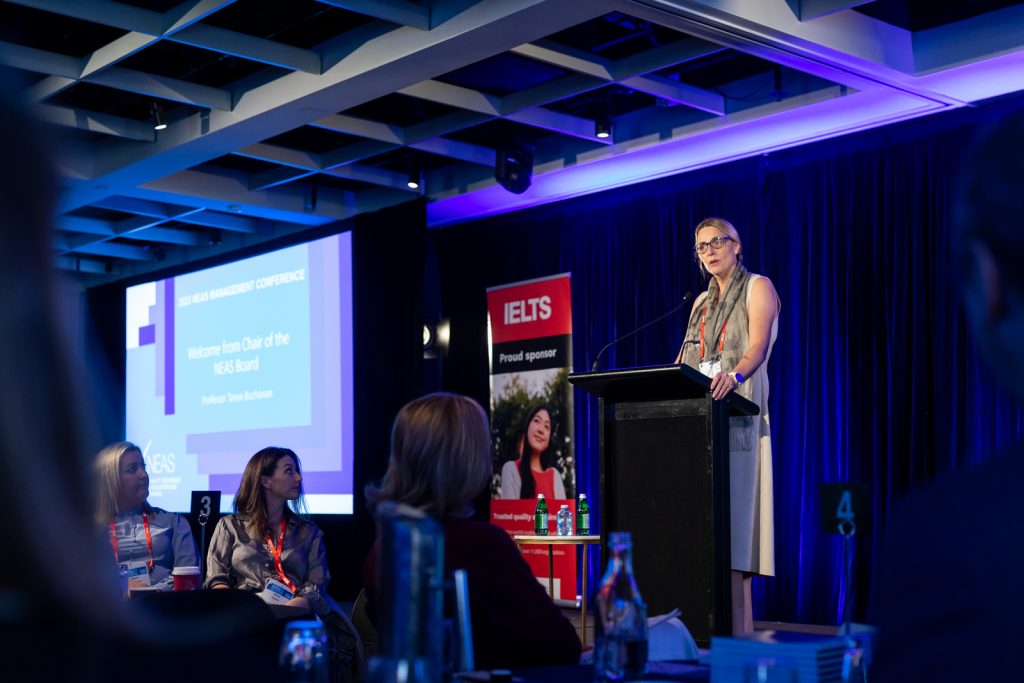
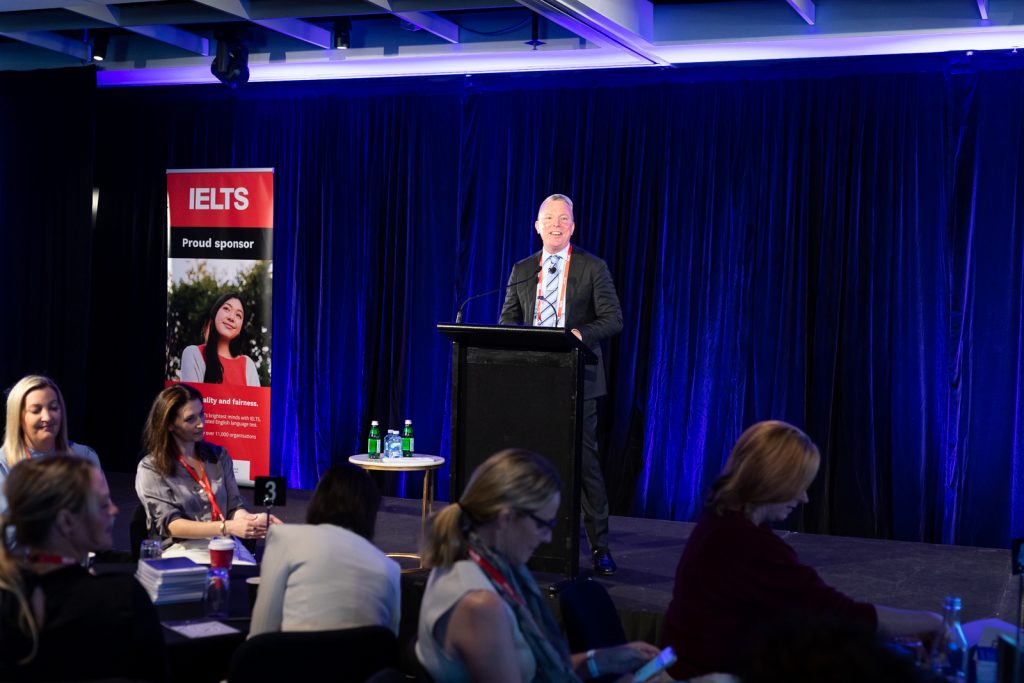
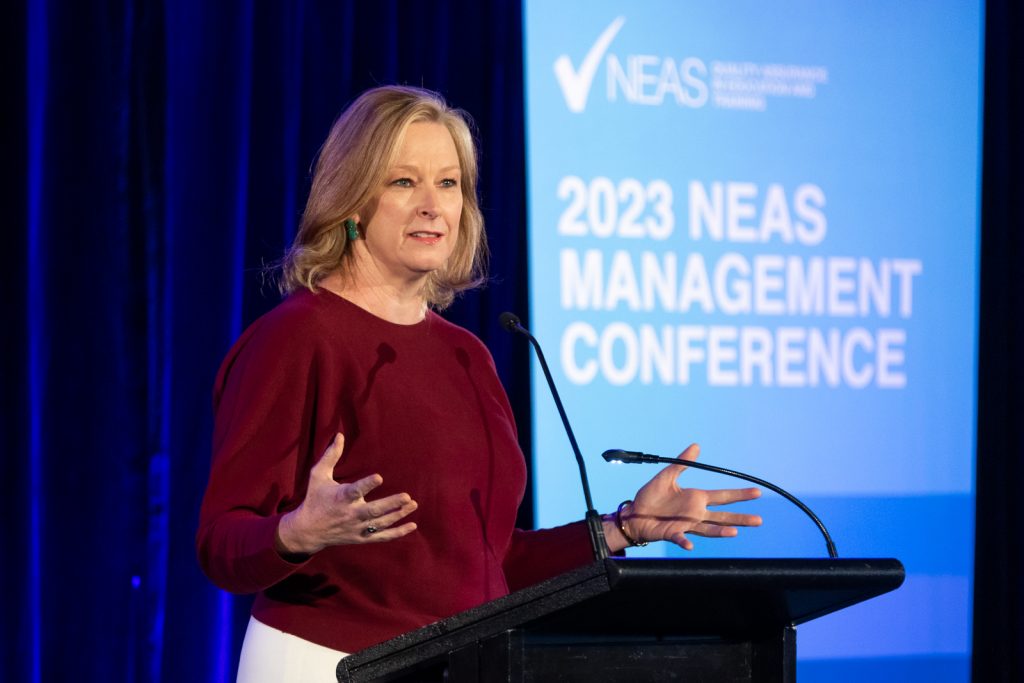



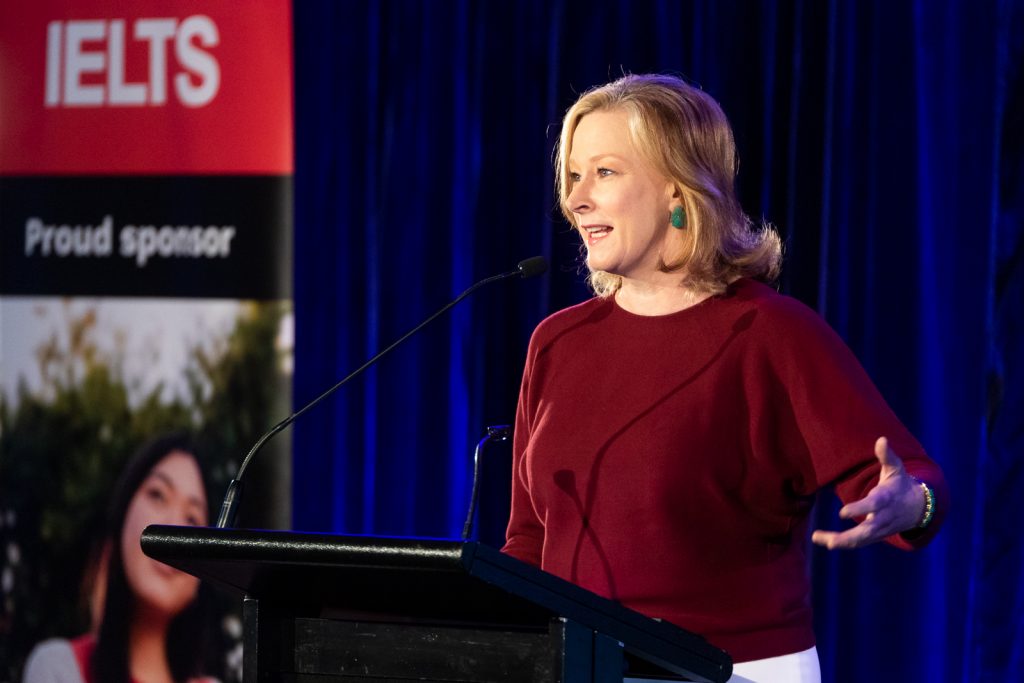

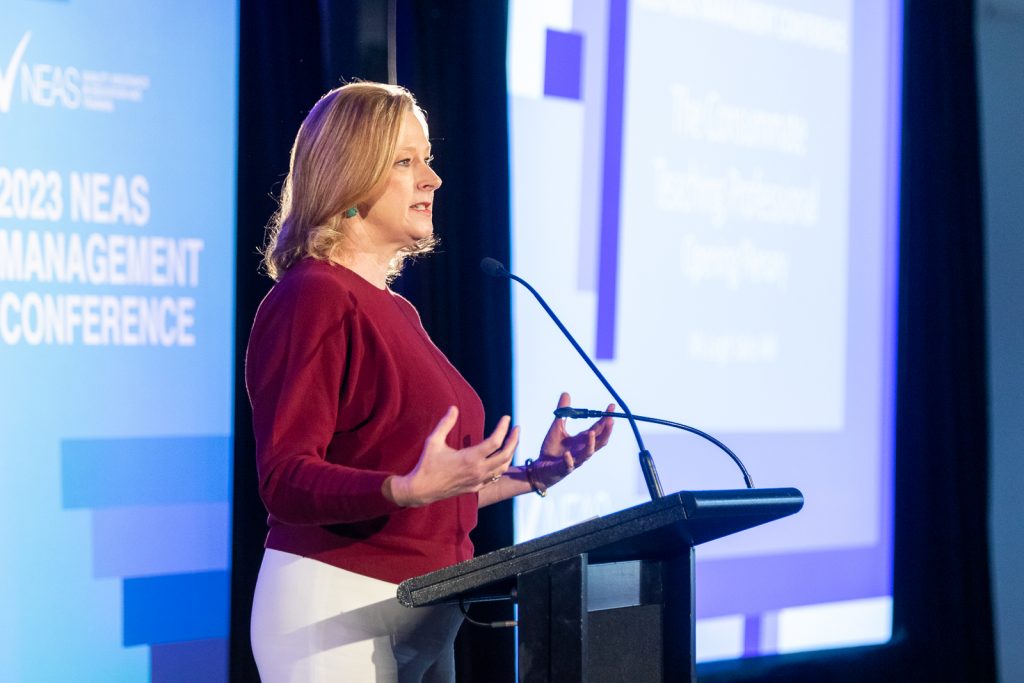
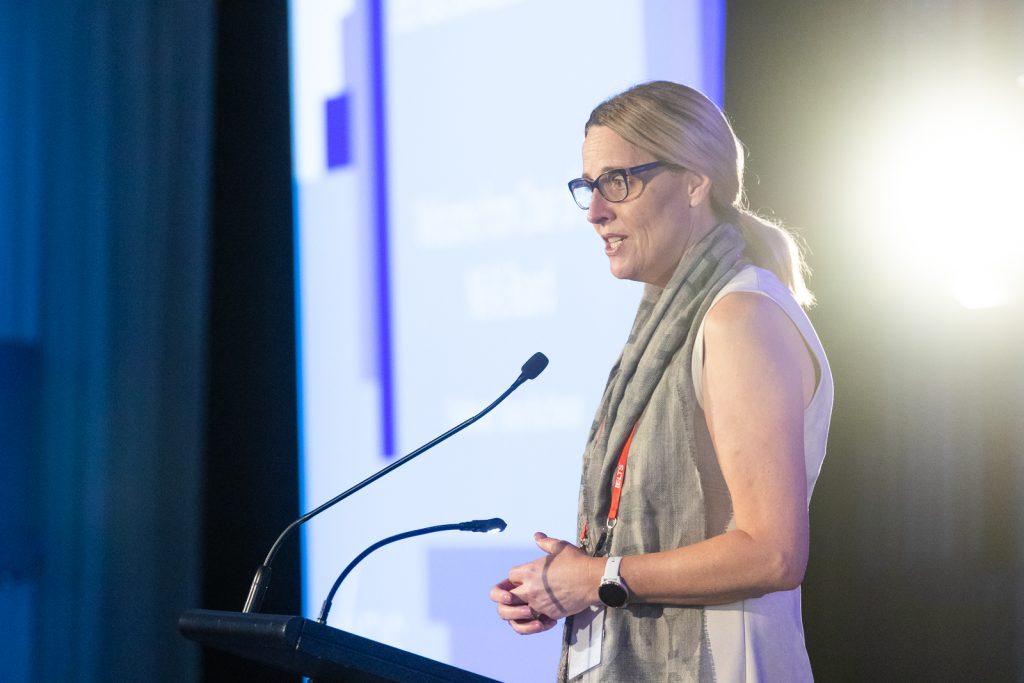
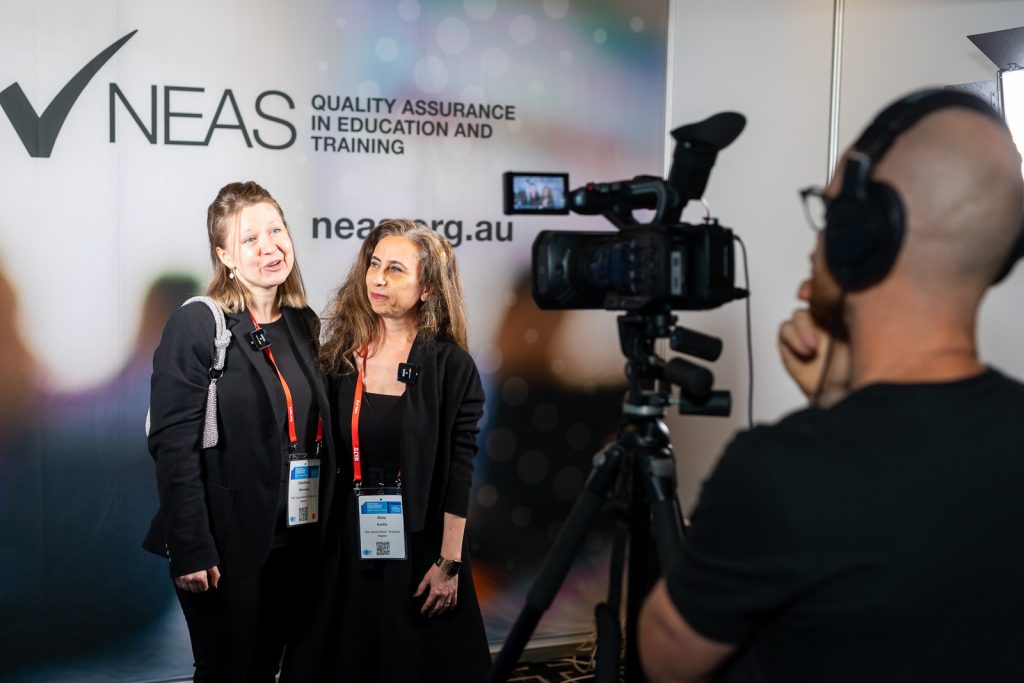
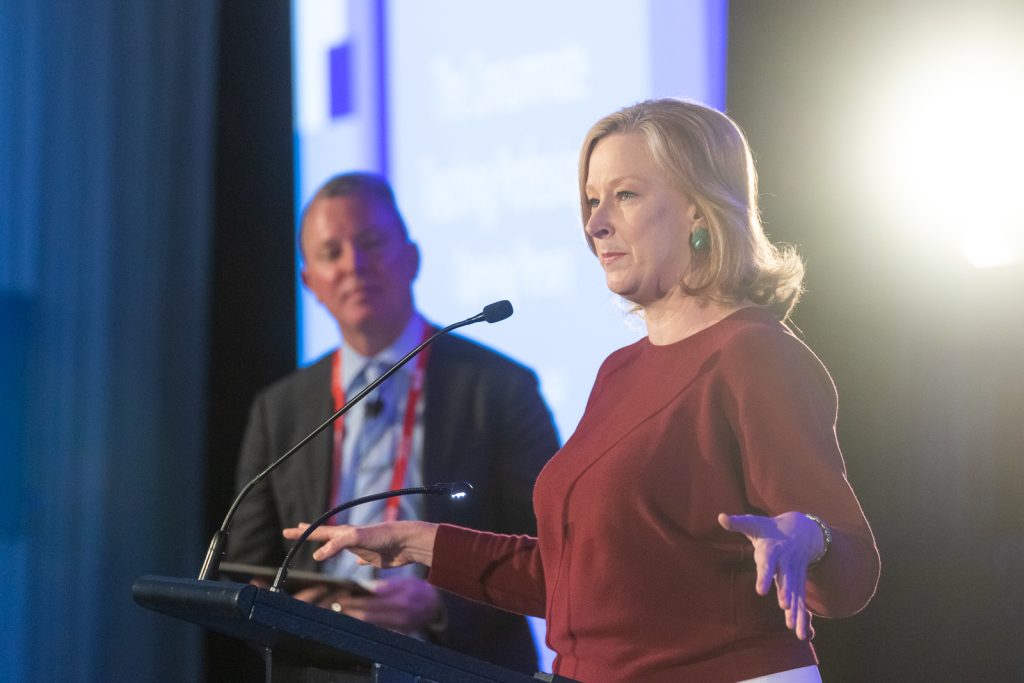
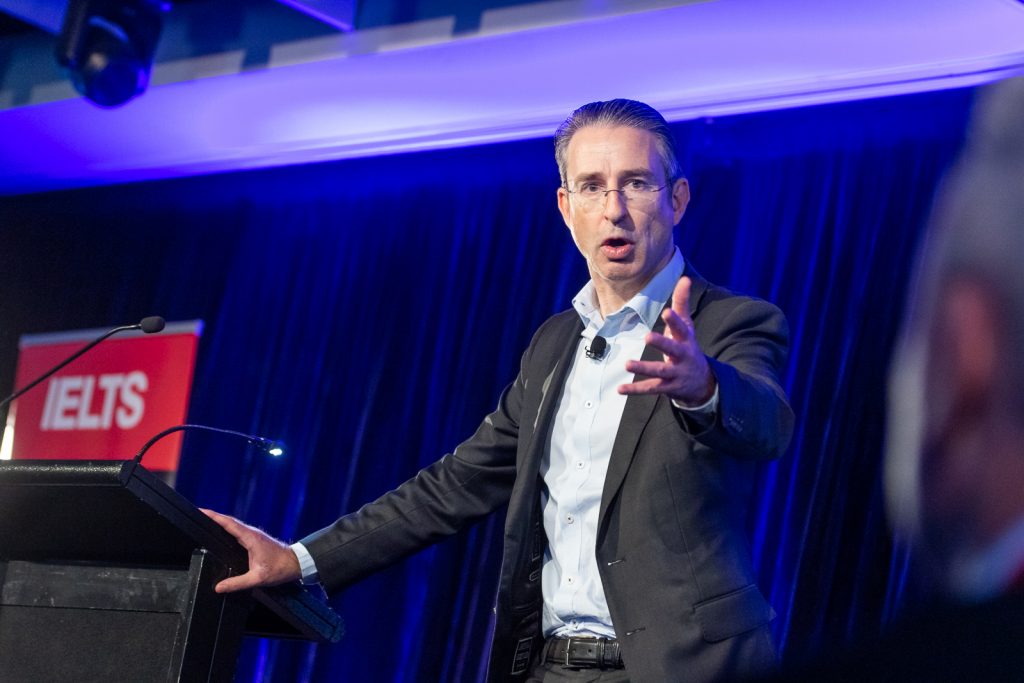
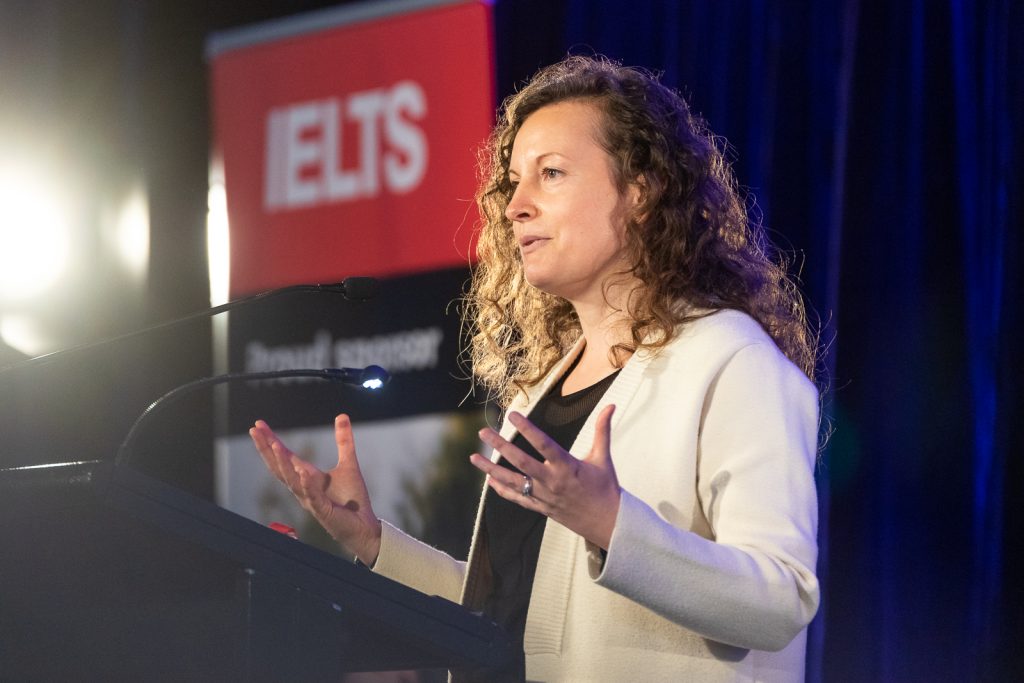

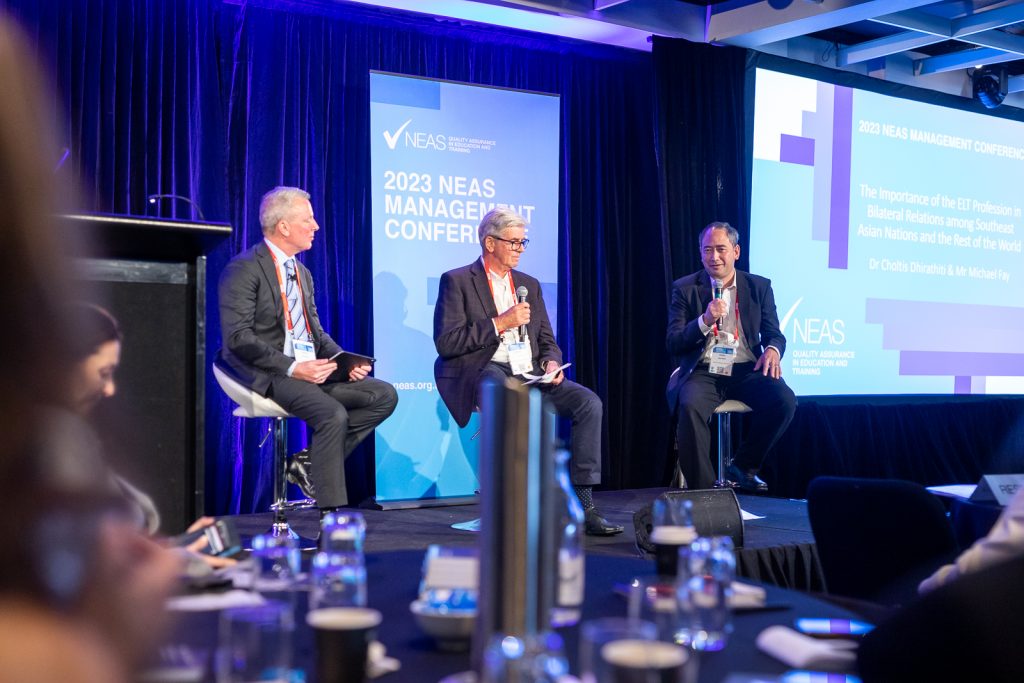
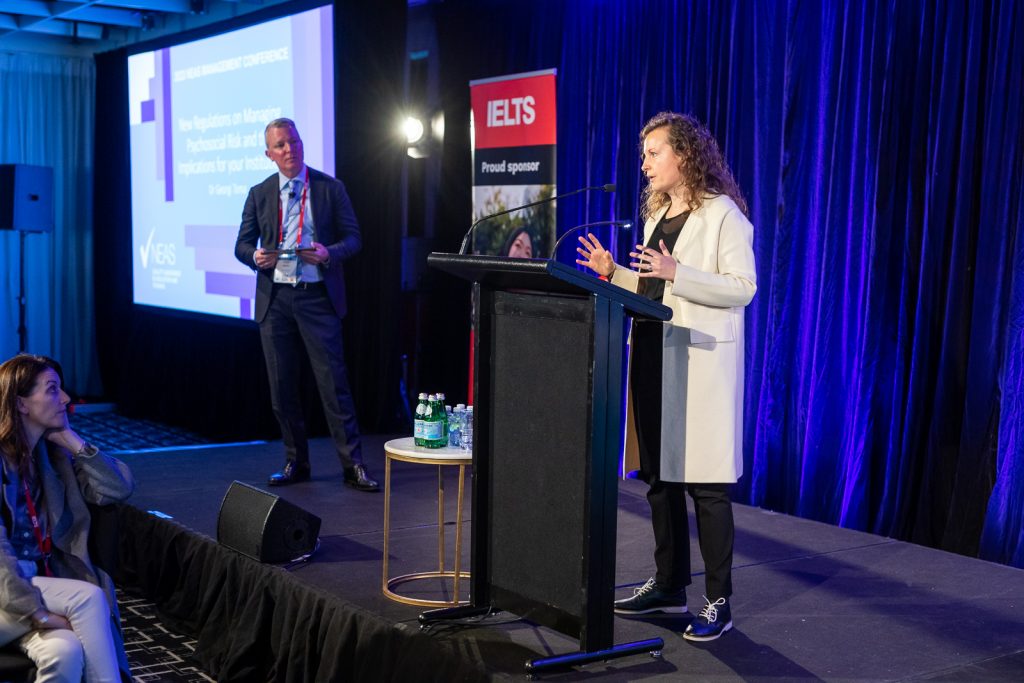

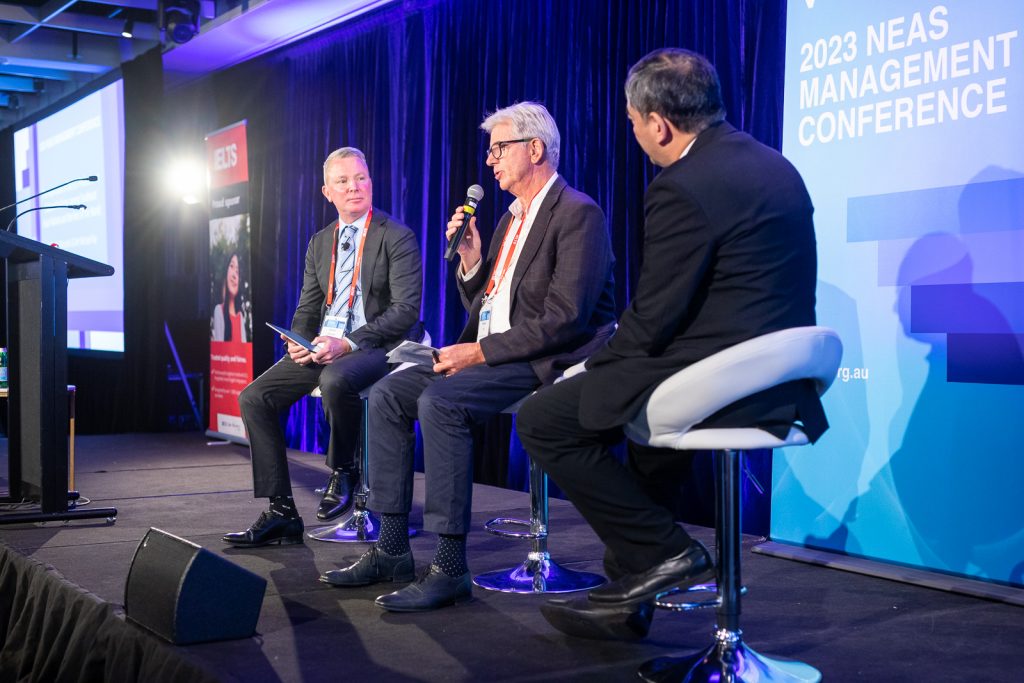


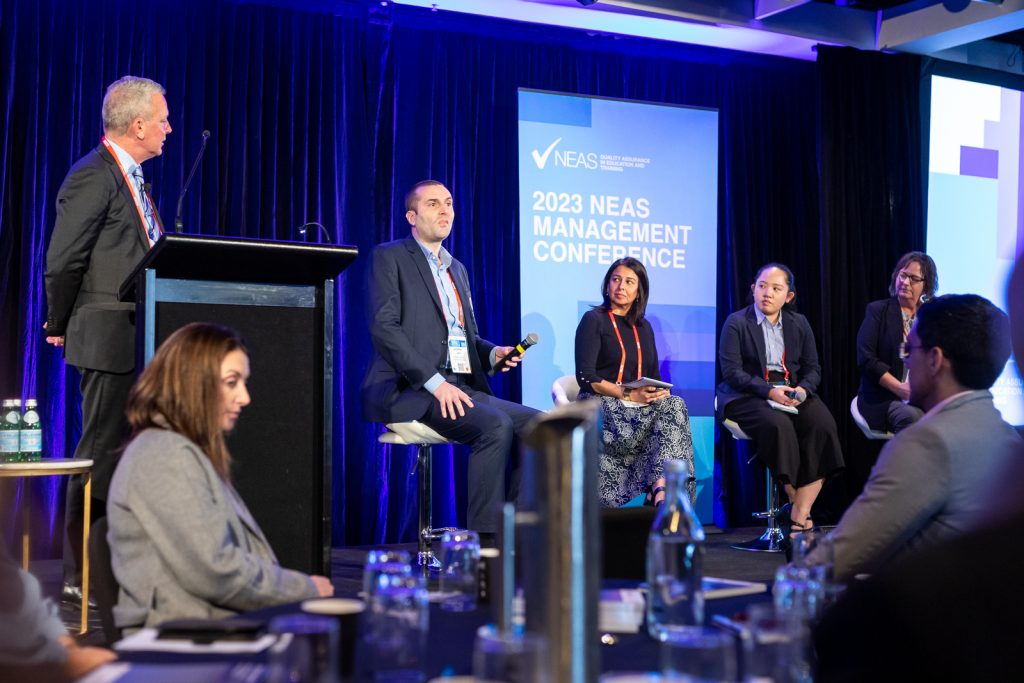


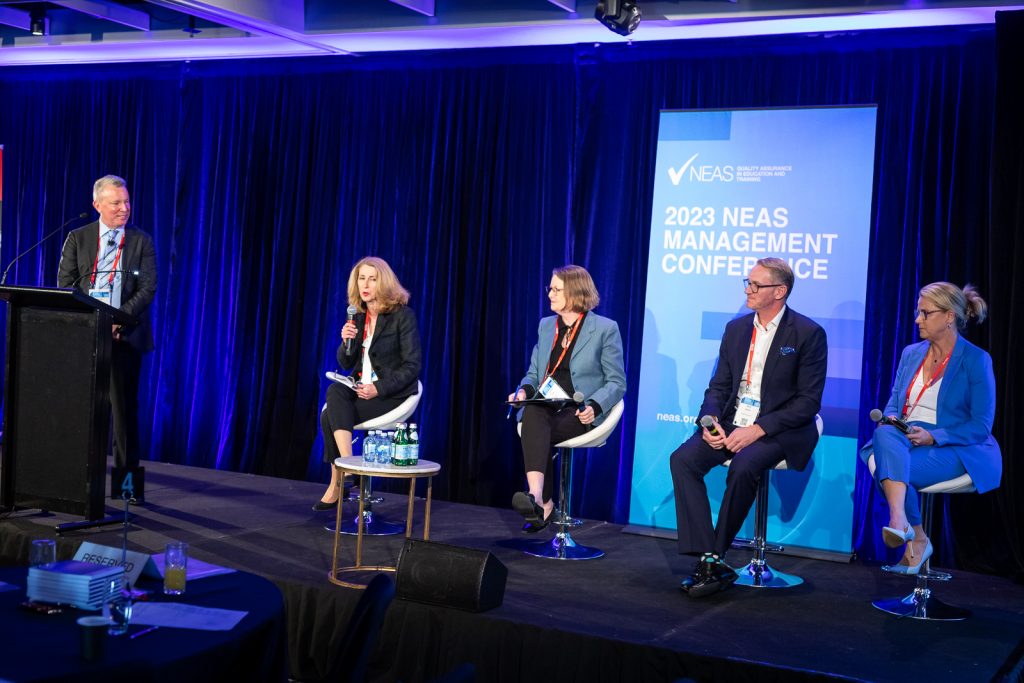

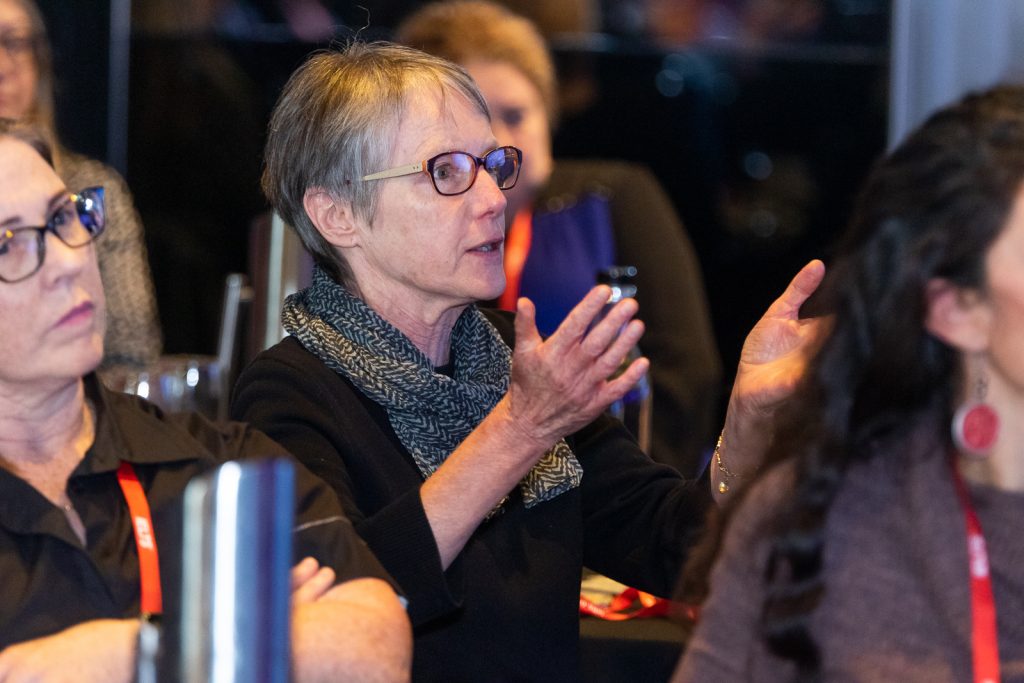










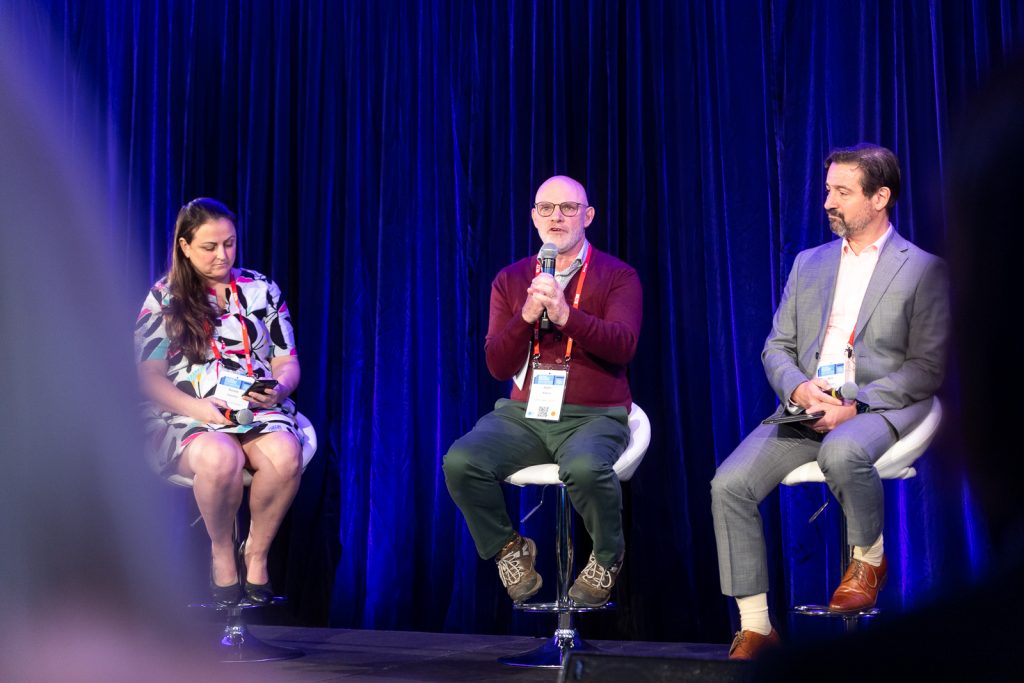

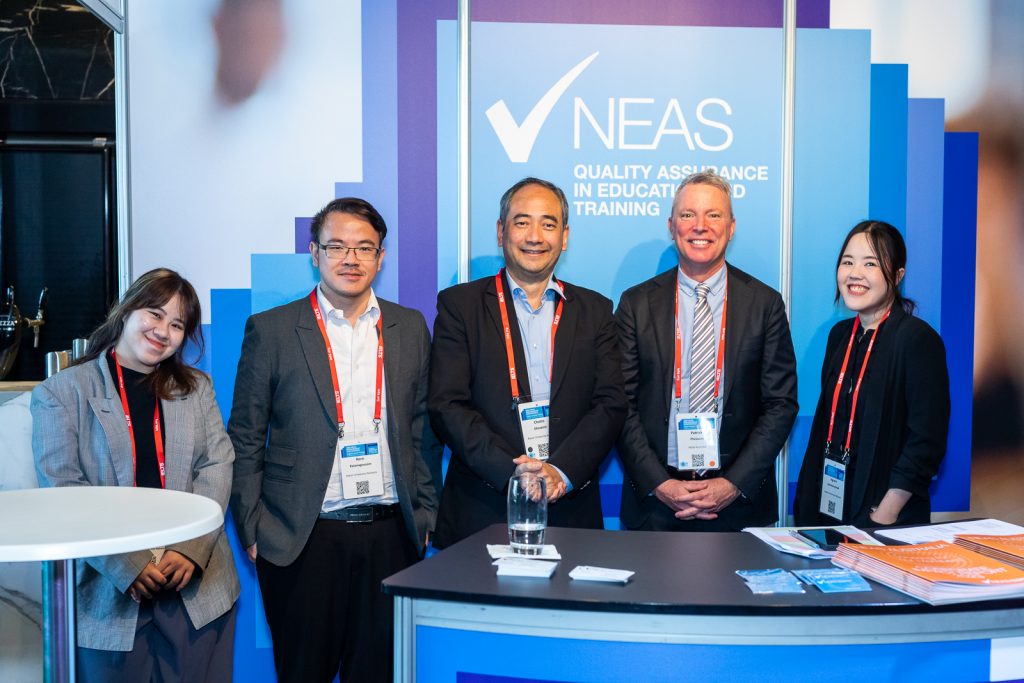


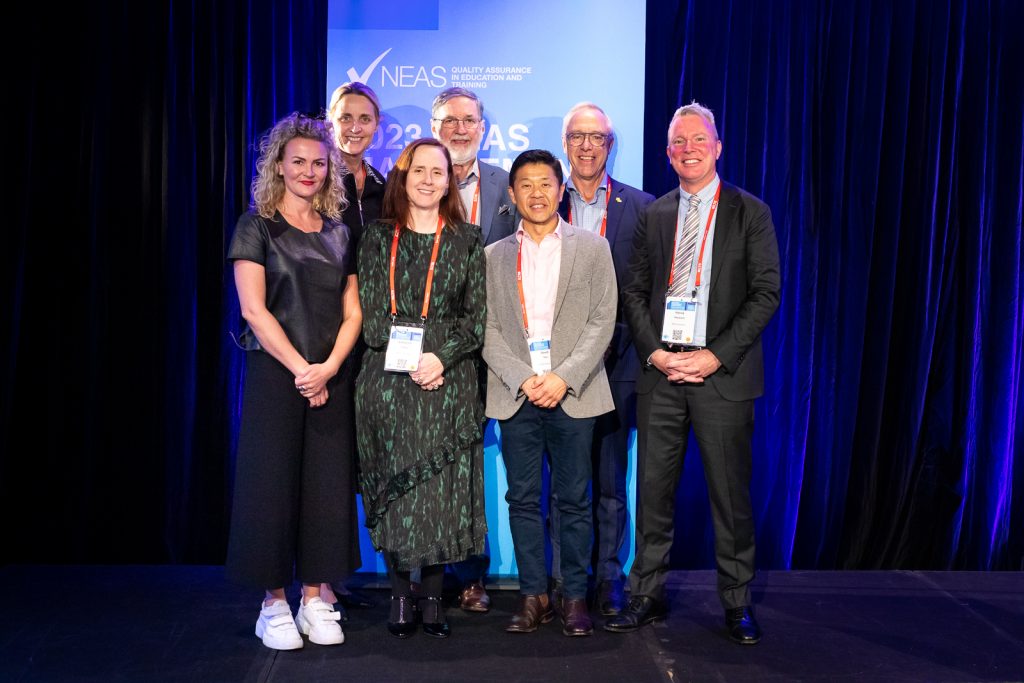
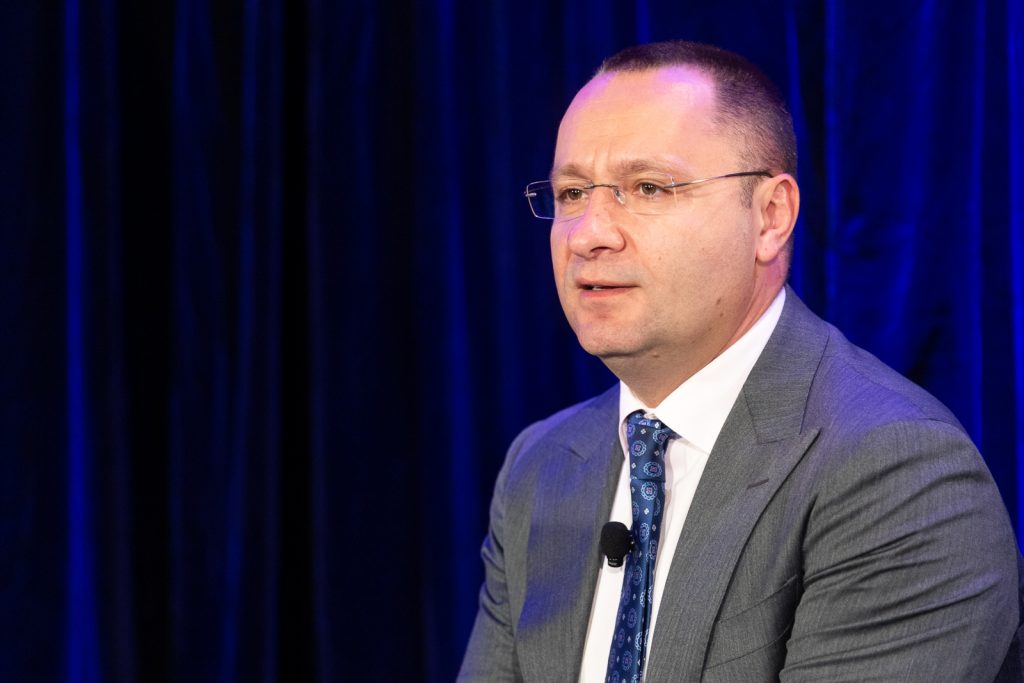


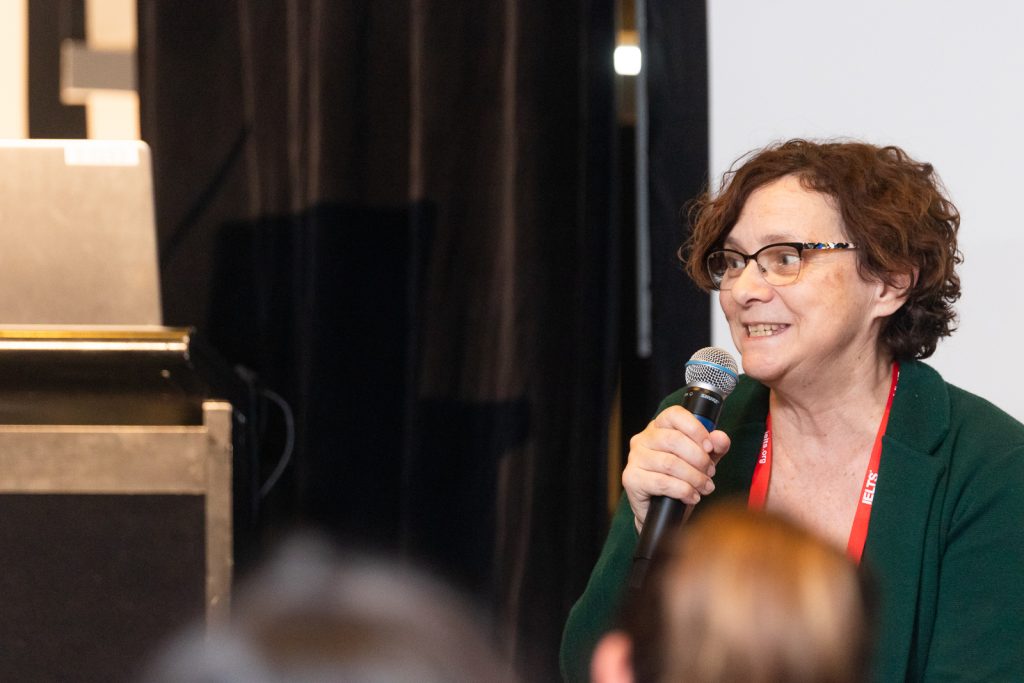
Download the 2023 NEAS Management Conference Flyer (PDF)
2023 Conference Quick Links
Want to know what the NEAS Management Conference is like?
Check out the presentations from the 2022 Conference on NEAS Online!




